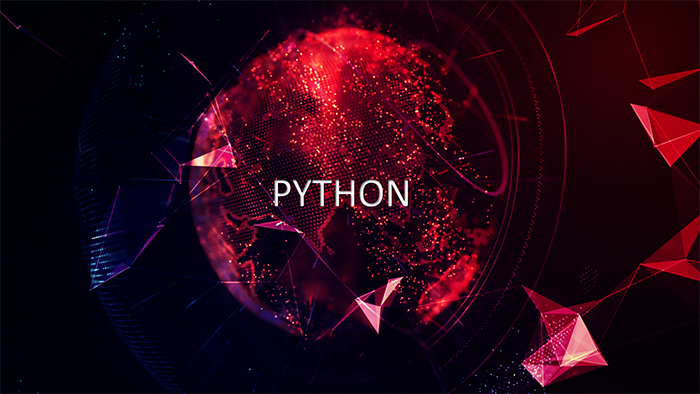
Python is quickly becoming the programming language of choice throughout the financial industry—and there are many reasons why. Firstly, Python’s syntax is so easy to learn that even those who aren’t developers can follow the logic. Secondly, Python’s ease of use enables individuals to write code faster and with fewer errors. What’s more, the simplicity of Python helps to improve collaboration across teams in the organization such that developers, quantitative analysts and portfolio managers can all have a say in the development process.
While Python is very versatile in its application, it is particularly well-suited to the Finance industry. There is an extensive ecosystem of mathematics and statistics libraries such as NumPy and SciPy and interactive development tools, such as Jupyter notebooks, that are ideal for financial analytics. As such, many leading financial firms are finding success using Python to solve their most complex challenges around modelling, valuation and risk.
However, while Python does have a wide range of uses, it is not the answer to each and every development project. There are times when another programming language may be the better option, depending on the nature of the project and your goals. But how do you discern when Python should be your tool of choice versus another?
To help you work through your questions surrounding the application of Python, FINCAD will be holding a knowledge-sharing breakfast briefing on March 19 in Amsterdam. The event, “Using Python to Solve Complex Modelling, Valuation and Risk Challenges,” will explore the following key topics:
- How to use Python for quantitative modelling and data integration
- Challenges/ limitations of implementing Python into data-intensive processes
- Types of solutions and technologies firms are adopting to support Python
In addition to FINCAD presenter, Christian Kahl, PhD, briefing attendees will also hear from Cardano guest speakers, Roger Lord, PhD and Kees Bouwman, PhD.The pair will explain how Python has been introduced at Cardano and share the lessons learned from this experience. For more information or to register for this exciting event, please view our Python Breakfast Briefing webpage. We hope to see you there!

